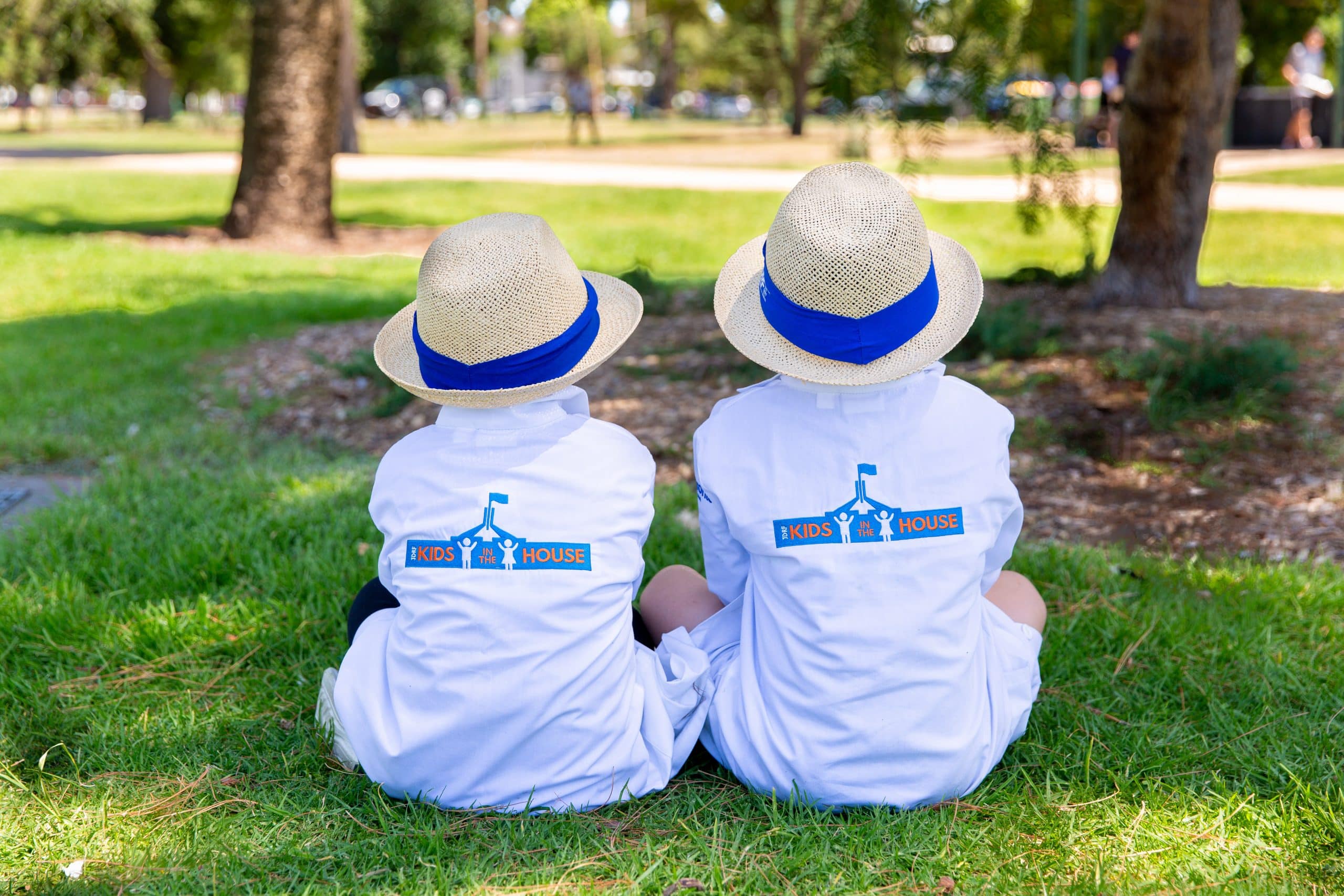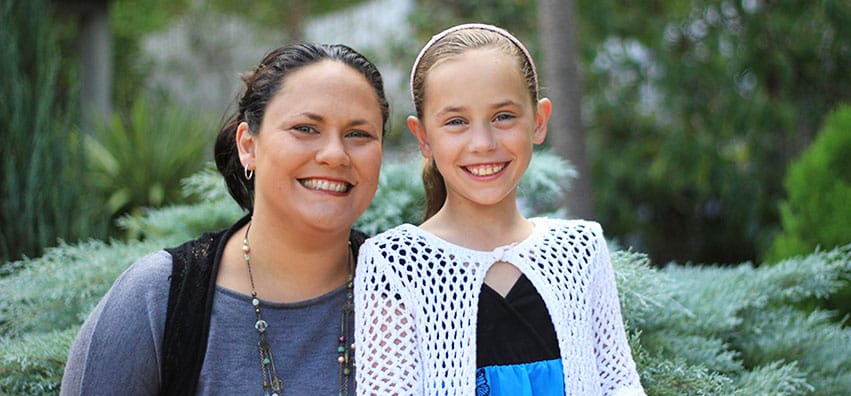Peer support

Peer Support Program
JDRF’s Peer Support Program is a free volunteer network that connects people who have been affected by type 1 diabetes (T1D).
Whether you, your child or another family member has received a T1D diagnosis, being connected with a peer support mentor will give you the opportunity to talk to someone who has been there, and who can offer lots of practical tips and advice.
This program is for parents of children living with T1D, and adults living with T1D. It’s important to note that while a mentor is available for support, he/she cannot provide any medical advice.
To be put in touch with a mentor, just fill out the form below.
If you would like learn how you can become a mentor yourself, fill out this form. Have questions about the program, and what it takes to be a mentor? Read our FAQs here.

A helping hand from someone who understands
Kindred spirits are very hard to come by, but you can find one through JDRF. It will make a world of difference knowing that there is someone out there who knows exactly what you are going through.
– Yvette, mother of Sienna, diagnosed at age 2
Sally’s story: becoming a peer support mentor
“It’s so important for newly diagnosed families to have a support system and know they can call someone, even if they don’t need to. I’m honoured I can provide that very worthwhile comfort for a family in those dark post diagnosis months.”
Sally Wooden describes the first months after her daughter Riley’s T1D diagnosis as the worst in her life. Diagnosed at 8 years old, Riley, like many others, was also diagnosed with a secondary autoimmune disease a month later. In her case it was coeliac disease.
As a parent, Sally was grieving the loss of a carefree life for her child and trying to learn the complexities of T1D whilst enduring continuous sleepless nights. She was emotional and exhausted.
A couple of months after diagnosis, Sally realised that the best way to support her family would be to connect with other families more experienced with T1D and found a family after attending the JDRF One Walk.
“They held our hands, gave us guidance and showed us that we would get on top of this and that we would be OK. They are still our dear friends today,” Sally shares.
Three years post-diagnosis, Sally reflected on how well Riley was managing to live with her T1D, and looked back at how far they had come and how much they had learned. She suggested to Riley that it was time they helped others. They then became peer support mentors with JDRF.
Sally and Riley have now been peer support mentors to more than 15 families.
